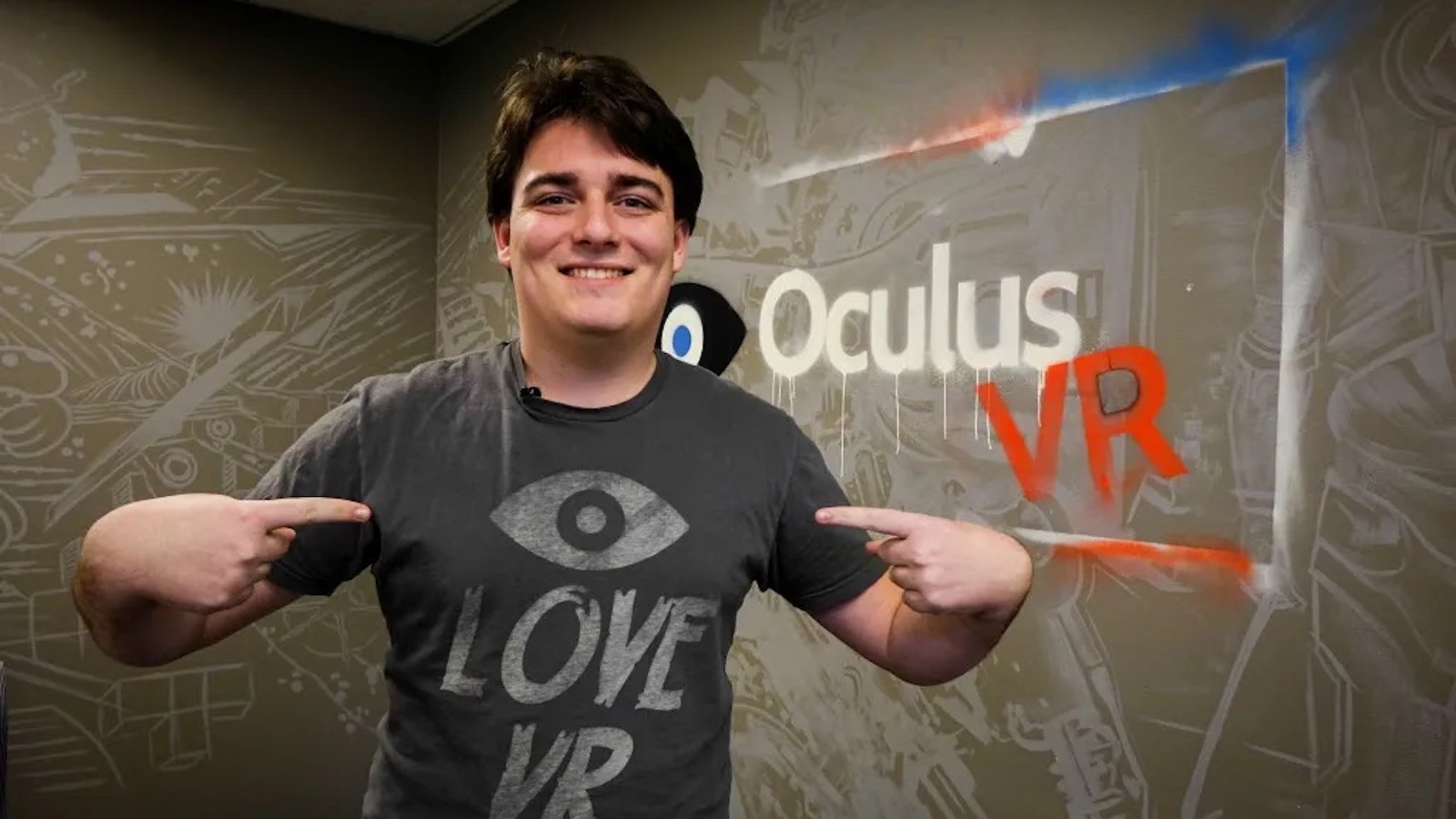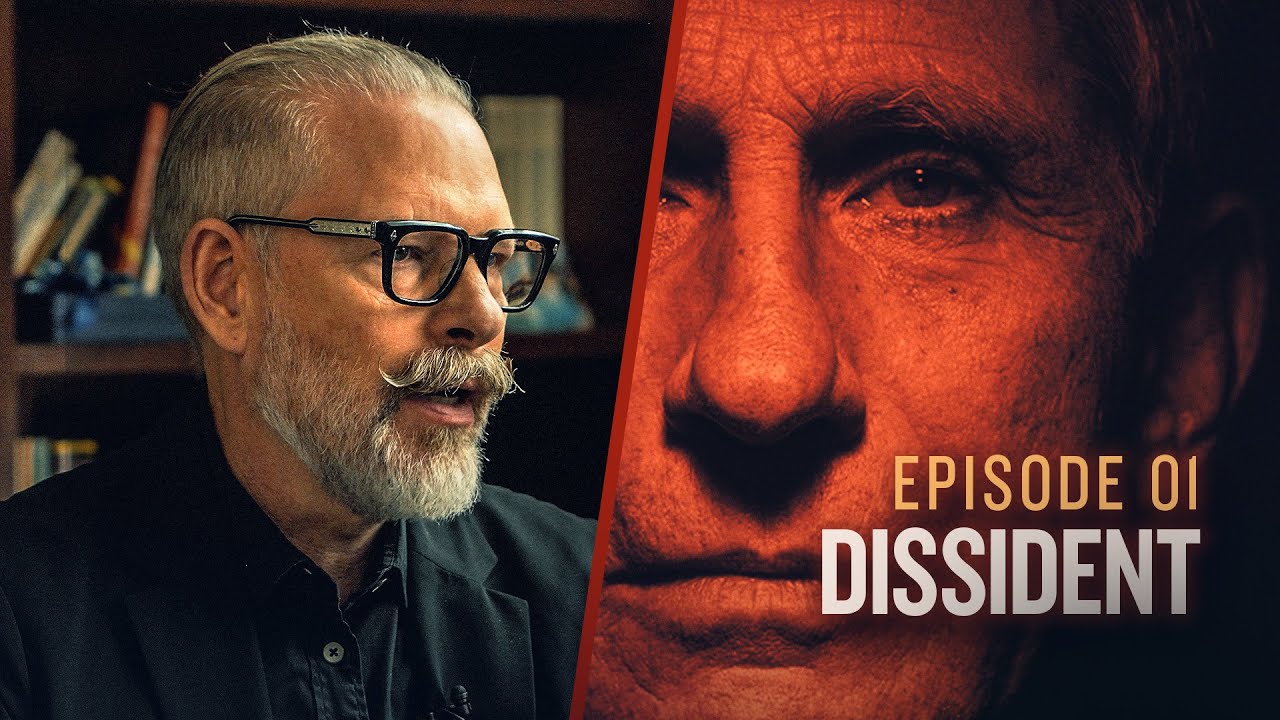
Begun the Clone Industry Has
O, brave new world, that has such epigenetically constructed, unnaturally derived, recombinantly constituted people in’t!
Well, not living, breathing, blood-pumping, arm-waving, eye-darting, love-making people. Not yet. But canis lupus familiaris, commonly known as the house hound.
The New Yorker, in keeping with its whimsy, awestruck sub-genre “Onward and Upward with the Sciences,” published a chronicle on dog cloning. Now, don’t be mistaken. I’m a ‘90s kid, and I remember when Dolly the sheep made the supermarket till magazine rounds. It was the same time I was voraciously reading the Spider-Man “Maximum Clonage” saga. So I’m not totally unfamiliar with genomic replication, nor am I caught unaware that its commodifying use has risen in recent years. Technology’s teleology runs toward easing man’s discomfort. And what causes more grief for man than loss, whether it be a family member to cancer, a pricey bet on Super Bowl LI due to a miraculous comeback, or the Lego Pharaoh’s Forbidden Ruins set you got for Christmas in 1998 that was criminally and ignorantly donated to Goodwill?
Moreover, what could ameliorate the pain of loss more than tangible replica? America is the land of abundance. We beat the pants off Prussian conquerors twice to earn our single family dwellings with burnished white picket fences and asphalt driveways. We put a man on the moon and a supercomputer in every pocket. Even NASA eggheads can’t compute the number of Oreos variants the crack-brained confectioners at Nabisco have spliced together.
As President Yeltsin dismayingly realized, we Americans are spoiled for choices in our glorious mass-producing, market-based economic order, so why shouldn’t we extend our lust for options to organic death? Our cells and tissue have no choice in deterioration. But our minds, our scientific know-how, and our sheer determination, need not know such limits. Our visionary betters in Silicon Valley are trying to harness the power to permanently extend life via brain upload into the digital ethersphere. That a bunch of computer geeks are unaware of the Marvel supervillain Dr. Zola, who perpetuates his dastardly schemes post bodily demise via digitized avatar, does not inspire confidence in their endeavors. It also doesn’t help that Marc Andreessen strikes a resemblance to him.
While the Sunshine State technocracy furiously try to fashion the means to prolong life, gene fiddlers in Texas are developing a workaround: biological duplication. They aren’t trying to mirror-make men—yet. But our epigenomic engineers are cloning man’s best friend. Though it’s yet a niche market, like nail parers for pet lobsters and Kanye West sneakers, it’s expanding, based on the very human desire to subvert nature’s limits by holding on to what once was.
But as Horace famously cautioned, naturam expellas furca, tamen usque recurret. Clone canine consumers aren’t completely fooled by their furry substitutes. The New Yorker reporter Alexandra Horowitz reflects on her own longing to resuscitate her family’s pooch Finnegan: “What wouldn’t I have given to have him rejuvenated, brought back to an earlier stage of life in which he could run and gallivant? More specifically, would I have given a small skin sample and fifty thousand dollars?”
Quite the hypothetical! Why would anyone spend fifty-thousand smackers just to chase a receding past? Wouldn’t the money be better used funding a college semester or two, or a brand-new car, or even a down payment on a house in say, Kalamazoo, Mich.? (I nervously ask while willfully ignoring my Amazon receipt for a reproduced Teenage Mutant Ninja Turtle Party Wagon.)
Horowitz isn’t fooling herself. She discourages her own desideratum: “And, had I done this, would the result be the same Finn? Certainly not. For some people, though, even just the possibility of a future Finnegan is enough to leaven the grief of losing the current one.”
(How would one go about “leavening” grief? Wouldn’t expanding a gutted feeling just intensify it?)
Horowitz’s solecism aside, she’s near the mark in understanding that ersatz replacements of living beings can never fill the void of their departure. Finnegan is gone—that dog, his shared history with Horowtiz, his tiny memory, his habits, his walk schedule, and his quirky character were incinerated for good.
The real Finnegan only resides in scattered, vestigial form within his ashes. Horowitz, however inchoately, grasps this. American University psychology professor Zehra Peynircioglu, naturally, cannot or will not comprehend such circumspection. A researcher on cognitive memory, Peynircioglu uses a ship-of-Theseus paradox to hypothetically propose to Horowitz, “Without your memories, are you ‘you’? If you had a head injury and lost all your memories, would that still be you?”
Peynircioglu is in agreement with Catholic intellectual Francis Maier, who wrote, “memory is the foundation of identity.” Yet, like a doomed Tennessee Williams character, she can’t help but try to circumvent fate by cloning her beloved JonJon, a husky-poodle mix-breed. Her rationalization: “I knew I was not going to get another JonJon. But I knew I was gonna get an essence of JonJon.
Ah! What kind of stone-hearted jerk can quibble with quiddity? A sober-minded one, that’s who. Peynircioglu has probably read enough Plato to realize that whatever essence she’s trying to capture in reforming residual cells from her dog will never recreate the same good boy. JonJon is better remembered as he was, not in his synthetic copy.
Our mastery of machinery can manufacture glitzy, tantalizing, impressive, and realistic-seeming wonders, but it can’t ultimately shutter reality. Nature must stubbornly return.
Free the People publishes opinion-based articles from contributing writers. The opinions and ideas expressed do not always reflect the opinions and ideas that Free the People endorses. We believe in free speech, and in providing a platform for open dialogue. Feel free to leave a comment.



